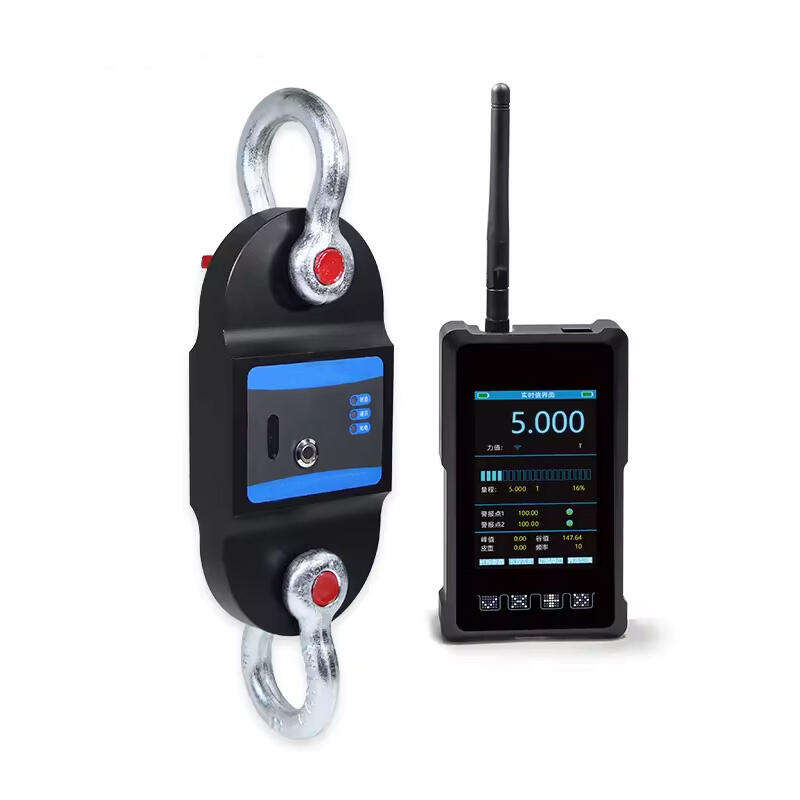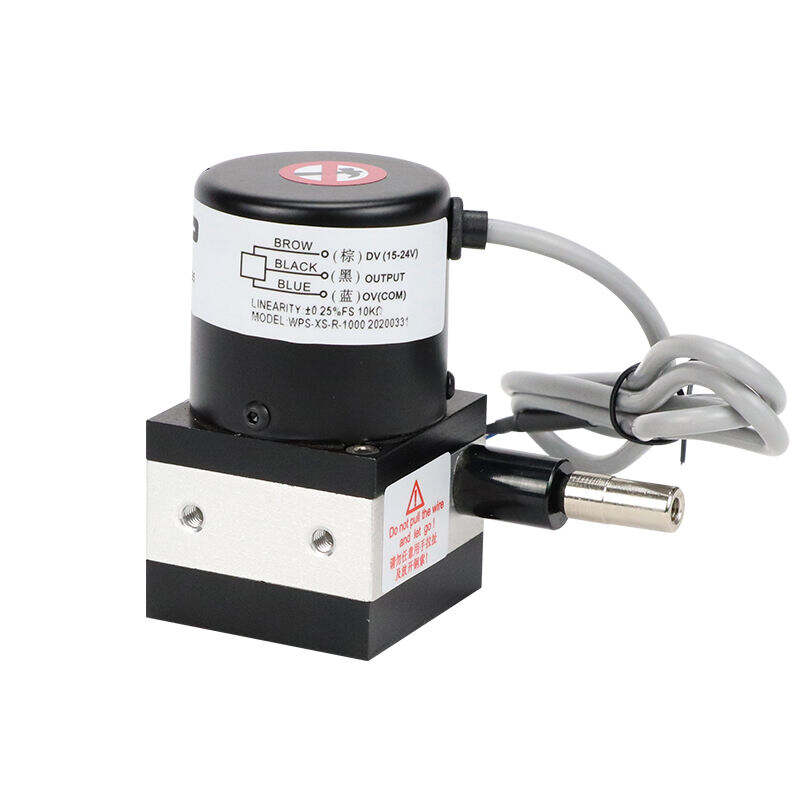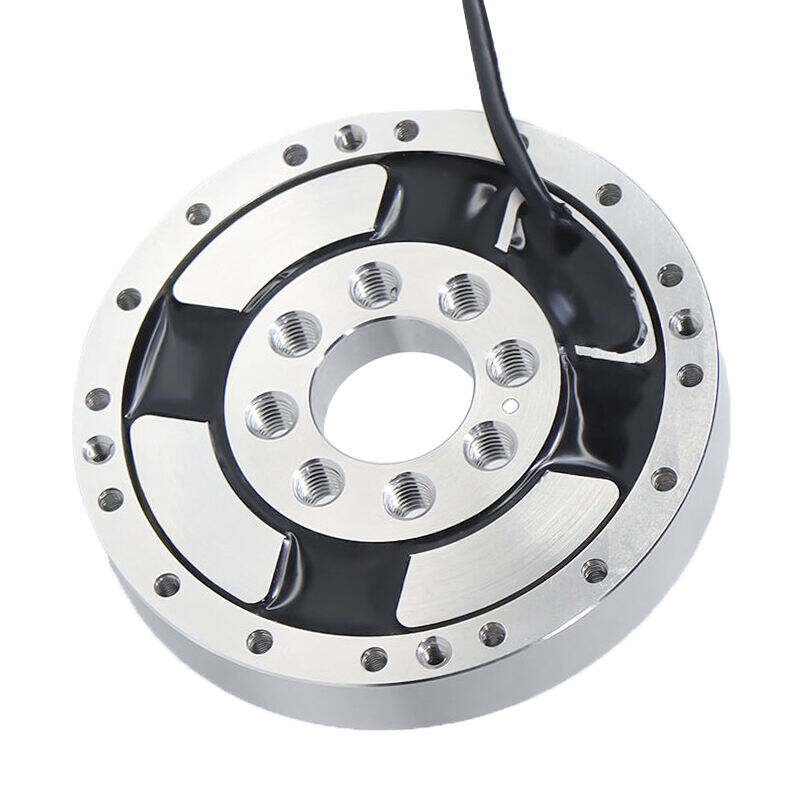Industrial weight sensor
Industrial weight sensors are sophisticated measurement devices that play a crucial role in modern manufacturing and processing operations. These precision instruments utilize advanced strain gauge technology to convert mechanical force into electrical signals, enabling accurate weight measurements in various industrial settings. The sensors comprise high-quality load cells that can withstand harsh environmental conditions while maintaining measurement accuracy within 0.1% of the applied load. They feature robust construction with stainless steel components, ensuring durability and resistance to corrosion, vibration, and temperature fluctuations. These sensors support multiple communication protocols, including 4-20mA, RS485, and digital outputs, facilitating seamless integration with existing control systems. Their applications span across numerous industries, from food processing and pharmaceutical manufacturing to chemical plants and logistics operations. The sensors can handle measurement ranges from a few grams to several tons, making them versatile for different weighing requirements. They incorporate advanced temperature compensation mechanisms and EMI protection, ensuring reliable performance in challenging industrial environments. Modern industrial weight sensors also feature self-diagnostic capabilities, allowing predictive maintenance and reducing downtime.


